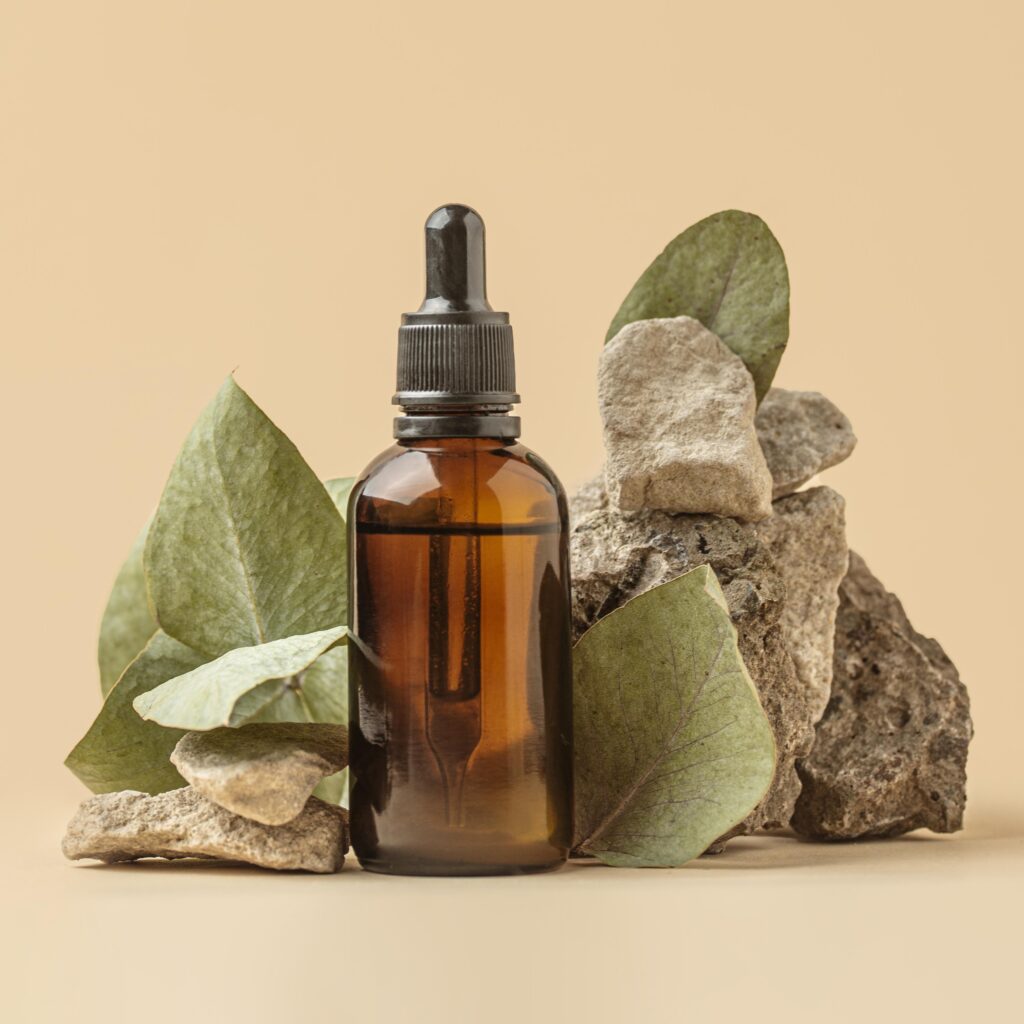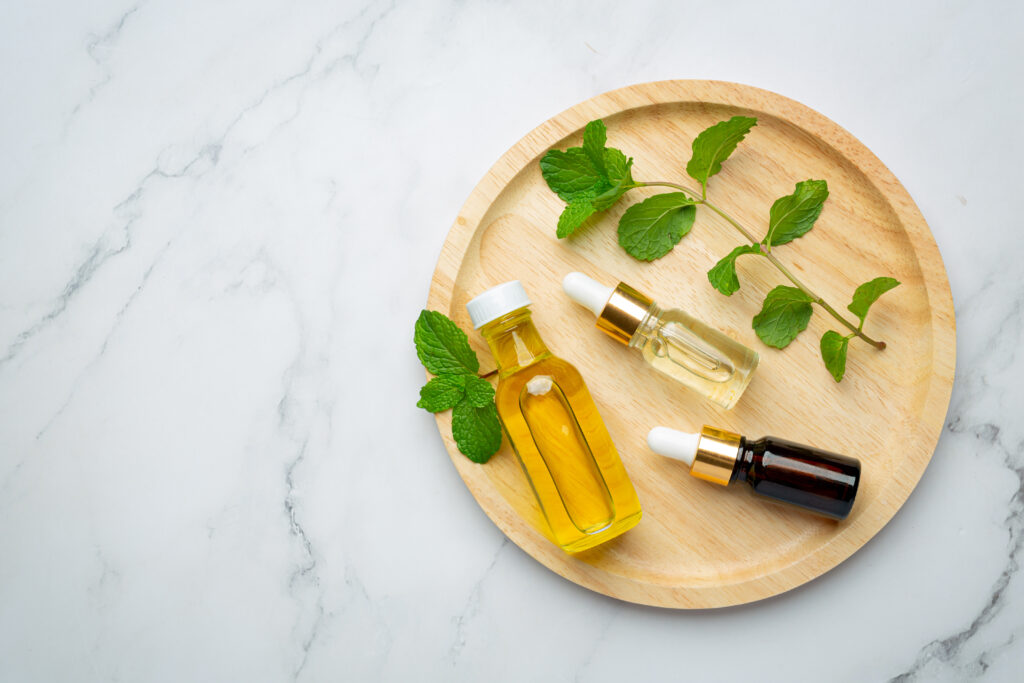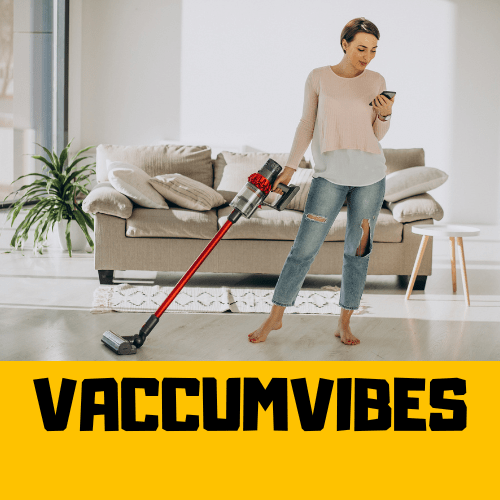
The idea of adding your favorite essential oil into your vacuum cleaner to experience a lingering fragrance all over your living room may seem good, but you should be aware of the risks of using essential oil in vacuum cleaners. If you are using essential oils frequently in your vacuum cleaning routine, then you should know ways to minimize the risks of using essential oils in vacuum cleaners so that you can preserve the safety of both your family members and your vacuum cleaner.
Some of the risks of using essential oil in a vacuum cleaner are health concerns on inhaling the essential oil, damage and decreased productivity of the vacuum cleaner, and inflammability of essential oils contributing to fire hazards. Let us explore the risks of using essential oil in vacuum cleaners in detail with learning alternative methods to minimize the risks.
Table of Contents
What is an essential oil?
Essential oils are volatile, plant-based, highly concentrated extracts that have a characteristic aroma of the plant from which it is derived. A mixture of chemical compounds, essential oils find their extensive and popular uses in aromatherapy and some of the widely preferred essential oils are lavender oil, eucalyptus oil, peppermint oil, lemongrass oil, neem oil, tea tree oil, orange oil, clove oil.
What are essential oils used for?
There have been traditions of incorporating essential oils in aromatherapies to lift mood, energize the soul, and ensure both mental rejuvenation and physical well-being. To stimulate the body and mind, a mixture of essential oils has been used in different proportions for ages and the practice is becoming widely popular with each passing day.
The risks of using essential oil in vacuum cleaners

- Since essential oils are concentrated chemical compounds they emit a pleasant yet strong scent when you add a few drops of your favorite essential oil to the vacuum cleaner and since they get dispersed in your indoor air you can experience health concerns if you exceed the recommended concentration. Even if you abide by the recommended proportion, there are chances to develop allergies and sensitivities when you inhale certain essential oils that you are allergic to resulting in headaches, respiratory issues, drowsiness, vomiting, or other adverse health conditions.
- When you are planning to add a few drops of your favorite essential oil into your daily vacuuming routine, you should consider all essential oils do not suit all the members of your family. If any of your family members comprise young children, pregnant women, elderly people with dust allergies and asthma, or individuals with pre-existing medical conditions, then you should think twice before adding the oil to your vacuum cleaner as these people are more vulnerable to developing health concerns on getting exposed to concentrated essential oil vapors.
- When you have added your preferred essential oil to the vacuum cleaner and using it you are always susceptible to the risk of fire breakout as, the motor generates a significant amount of heat and thus a high temperature, and essential oils being inflammable you become vulnerable to a fire hazard. Although fire hazard as one of the risks of using essential oil in vacuum cleaners is quite low, you cannot ignore it as it has happened in some cases.
- If you are using essential oils frequently in your vacuum cleaning routine, then you should consider cleaning and maintaining it after every use as most of the essential oils are viscose and sticky and get deposited on various surfaces of your vacuum cleaner ruining its productivity and longevity. The capacity of the filter to trap the dust particles and allergens can be significantly reduced if they get clogged by the oily residue if they are not cleaned properly. You might also experience a less effective cleaning performance coupled with reduced suction power if the accumulated oily residue is not cleaned from time to time.
- Even if the essential oils work effectively to energize and rejuvenate your mood, they contain chemical compounds and are sticky and thus can affect the internal parts of your vacuum cleaner like the hose, filters, and other vital parts by clogging or rusting.
- Some essential oils have been reported to have a corrosive effect when they encounter selected materials used in the construction of most of the widely used vacuum cleaners. So even if an essential oil is your favorite and energizes your soul while you vacuum, be sure to check whether it is corroding the plastic and rubber components of your vacuum cleaner and damaging the structural aspect of your vacuum cleaner. If you don’t look into this seriously, you might need to drain your pockets for repair or buy a brand-new vacuum.
Tips to avoid the risks of using essential oils in vacuum cleaner

- If you have decided to add your preferred essential oil to your vacuum cleaning routine then keep in mind to dilute it abiding by recommendations to decrease the intensity of the chemical compounds and safeguard your family’s and the vacuum cleaner’s health. Dilution of essential oils by following the necessary guidelines can lessen effectively the intensity of respiratory irritation and other adverse effects like headaches, asthma, drowsiness, and vomiting. If you dilute the essential oil in the correct proportion with water, vinegar, or other carrier oils then you can also lessen the deposition of oily residue in various external surfaces of your vacuum cleaner and thus considered a much safer approach to using essential oils in the vacuum cleaner.
- You must go through the manufacturer’s instructions regarding the use and impact of essential oils in the vacuum cleaner. You should abide by the manufacturer’s instructions to make the correct decision regarding whether to add or not essential oils to the vacuum cleaner and which type of essential oils to avoid.
- If you love fragrances but do not want to use essential oils in your vacuum cleaner then you can consider using scent pads or air fresheners that are designed specially for vacuum cleaners. If you do not want to damage the internal rubbery or plastic components of your vacuum cleaner then you can try these options which will release fragrances in your living room while you vacuum. Using scent pads or air fresheners is regarded as a safer and more convenient alternative to avoid the risk of using essential oils in a vacuum cleaner.
- While trying to avoid the risks of using essential oil in vacuum cleaners, you can consider decreasing the frequency of using essential oils directly in your vacuum cleaner. The less you use essential oils directly into your vacuum cleaner the less will be the chances of malfunction and bodily damage but still, you will need to keep a strict eye on the cleaning and maintenance of your vacuum cleaner.
- When looking for alternative methods to reduce the risks of using essential oil in vacuum cleaners you should do thorough research on the essential oils that do not interact with the internal components of the vacuum cleaners. In this regard, you can consider essential oils that are citrus-based like orange essential oil or lemon essential oil, and avoid using essential oils that have a corrosive effect like spicy oils or floral essential oils like peppermint oil or lavender oil.
Final thoughts on the risks of using essential oil in vacuum cleaners
Essential oils contain chemical compounds that are viscose and sticky and when dispersed into the air pollute the indoor air. When you inhale the vapors of such oils you might experience adverse health conditions if you are allergic to some of the essential oils. To combat with the potential risks, you should consider adopting alternative measures like using vacuum air fresheners or scent pads, diluting your preferred essential oil with water, vinegar, or other carrier oils, and using citrus-based essential oils so that you can preserve the long life of your vacuum cleaner.
When you are adding your preferred spicy, floral, or citrus essential oils frequently in your vacuum cleaning routine, then you should know ways to minimize the risks of using essential oils in vacuum cleaner.
FAQs
What essential oils are harmful?
Some essential oils like camphor, tea tree, eucalyptus, wintergreen, and lavender essential oils are extremely toxic for humans when they are inhaled or swallowed without being diluted in proper proportions with water or other carrier oils.
Do essential oils become toxic when heated?
Some essential oils like camphor, tea tree, eucalyptus, wintergreen, and lavender essential oils become poisonous when they encounter higher temperatures and if humans inhale them they can experience serious health conditions.
Can breathing essential oils be harmful?
Breathing essential oils are harmful for young children, pregnant women, elderly people with dust allergies and asthma, or individuals with pre-existing medical conditions, as their medical conditions can increased and it can be fatal. The sticky chemical compounds present within the essential oils pollute indoor air and when you breathe in that air you might develop respiratory irritations.

For the past five years, I’ve been engaged as an SEO content writer, specializing in crafting engaging blog posts. My focus lies in meticulously exploring and evaluating household cleaning appliances, particularly those integrated with cutting-edge and emerging technologies.
